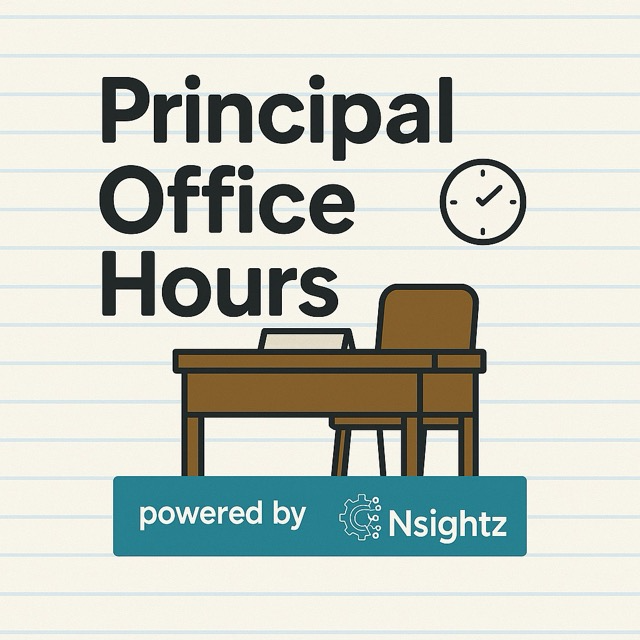Why Constructive Feedback From Managers Is Critical for Employee Engagement
Leaders of busy teams need to deliver feedback that drives engagement rather than disengagement. Feedback is a gift and an opportunity for improvement, but it needs to be specific and focused on behavior rather than the person. Leaders should celebrate wins in public and provide feedback in private, in a one-on-one setting where there is an opportunity for dialogue. Effective communication is key to building an elite team, and empowering managers and engaging employees will help achieve this goal.
| **Timestamp** | **Summary** |
| ------------- | ----------- |
| 0:00:00 | Importance of delivering feedback that drives engagement |
| 0:00:46 | Feedback should be perceived as an opportunity and focused on specificity |
| 0:01:21 | Balancing areas for improvement with areas of success |
| 0:02:20 | Feedback should be framed around behavior, not the person |
| 0:03:38 | One on one conversations are best for feedback |
| 0:04:06 | Feedback should be a collaborative exercise |
| 0:04:32 | Effective communication is key to building an elite team |
| 0:04:47 | Empower managers and engage employees for an elite organization |
Timestamp
0:00:00 Importance of delivering feedback that drives engagement
0:00:46 Feedback should be perceived as an opportunity and focused on specificity
0:01:21 Balancing areas for improvement with areas of success
0:02:20 Feedback should be framed around behavior, not the person
0:03:38 One on one conversations are best for feedback
0:04:06 Feedback should be a collaborative exercise
0:04:32 Effective communication is key to building an elite team
Transcript
How To Provide Constructive Feedback
Dr. Jim: [:How you point out gaps in capability and provide feedback in a way that increases performance is a critical problem that many leaders of busy teams struggle with.
Whether we're talking about. An HR responsibility where training needs to be provided. Realistically, this sits with the manager level In most organizations. Getting managers to more effectively communicate feedback is one of those critical things that organizations need to master if they want to get the most out of their people.
First things first, you [:Rather than throwing out something vague like you need to do better, you need to show them and explain. The areas for improvement and the impact that it has. Obviously you want to point out what's working well, but you also want to pinpoint the specific areas that need improvement for better overall results.
t you want to point out that [:To bring their overall performance up and focus more on improving the gaps. A third thing that leaders need to be thinking about is making sure that the feedback that is given is explicitly framed about behavior and not the person. A great way to do this is put it in context of the ideal outcomes for the job.
e of execution . It's about. [:A couple other things to keep in mind. These types of conversations are best done in a one-on-one setting.
So the saying goes, you praise in public and you criticize in private. That actually applies to these sort of conversations. If you want to keep your team engaged, celebrate the wins in public and those areas of improvement. Keep those in one-on-one conversations so that it is done in a dignified way and there's an opportunity for a dialogue.
The dialogue portion of it is critical. You can't monologue through this. If you want your feedback to be received well, you need to make sure that this is a collaborative exercise. That flows from some of the best practices that we talked about earlier from doing effective one-on-ones,
m engage. And if you want to [:

